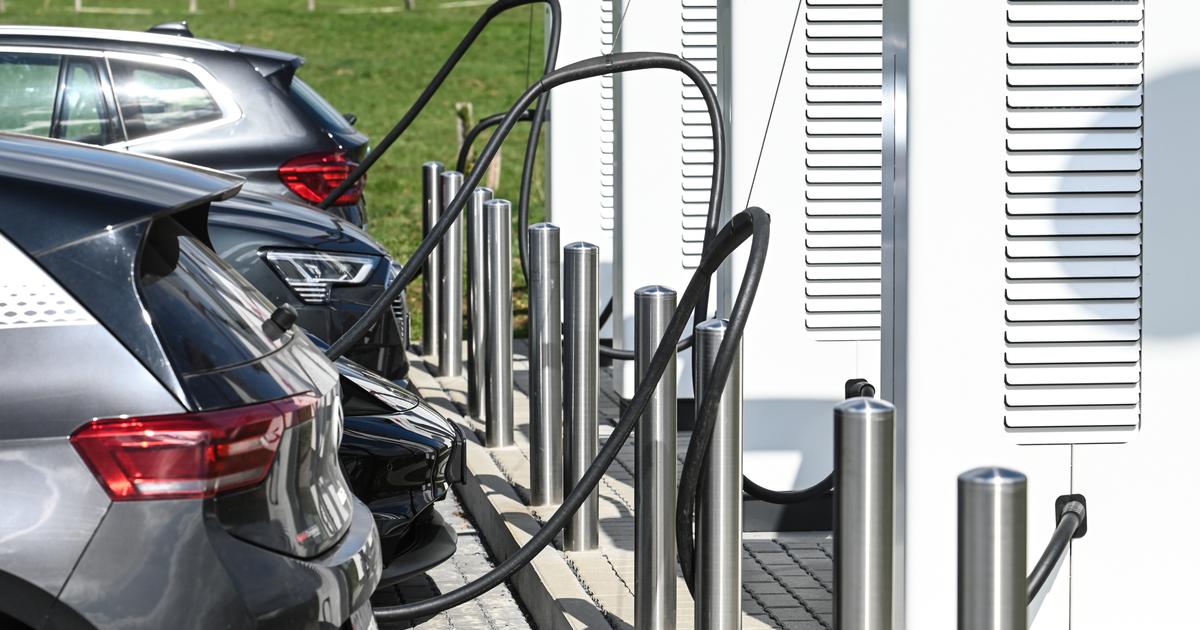The Competition Authority is demanding more pricing transparency for electric vehicle charging stations, currently considered 'particularly opaque,' in an opinion on this rapidly developing sector with a multitude of players. This review aims to identify possible competition problems before the market becomes structured with bad practices. In February 2023, the authority initiated a self-referral to examine the competitive operation of charging infrastructure for electric vehicles (IRVE).
One of the key challenges noted by the French competition watchdog is the 'information deficit among consumers' regarding the price of recharging, both before and after the process. Many users struggle to identify the most attractive tariff due to the multitude of possible charges, including billing by the quantity of energy (by KWh), by the minute, and additional costs linked to the start or end of a session. A recent study by the UFC-Que Choisir association highlighted significant price variability between two users on the same terminal depending on their subscriptions.
To address these issues, the authority recommends operators 'favor pricing by KWh,' which would represent the quantity of electricity consumed. Especially on motorways, where ultra-fast terminals are common, transparency in pricing is crucial. The watchdog suggests installing totems displaying the price of charging per act at the station and at main motorway entrances, akin to petrol stations.
Another pressing issue is that operators must calculate the price actually paid by the user at the end of a charging session, which is currently not systematically done. While this transparency might increase the risk of collusion in the market, consumer information takes precedence in this emerging sector.
Apart from pricing transparency, the Competition Authority has made around forty recommendations aimed at public authorities, regulators, and sector players. These include how motorway companies select operators to install and operate terminals and ensuring that different charging or mobility operators do not gain undue competitive advantages, especially if they are integrated operators like energy companies or car manufacturers.
Additionally, the Authority acknowledges that the business model for fast and ultra-fast charging, requiring significant investment, is not yet stabilized. As the sector consolidates, the Authority will ensure that this does not hamper competition.
Meanwhile, a study by Statista on behalf of the electricity provider LichtBlick shows that despite falling electricity prices on exchanges, the costs of charging electric cars at public stations continue to rise. Charging at home remains more cost-effective, particularly if users have their own solar systems or dynamic electricity tariffs that allow for charging during low-price periods.
Prices for public charging stations have increased from 0.41 euros per kilowatt hour in 2021 to 0.55 euros in 2023 for normal charging stations and from 0.51 euros to 0.66 euros for fast chargers. Such high prices at public stations create wrong incentives, countering the broad switch from combustion engines to electric cars, a vital step for the transport transition.
LichtBlick attributes the unchanged high prices despite lower electricity costs to monopoly structures in the market, where local energy suppliers dominate, discriminating against third-party providers. For regular users of public charging stations, comparing providers is essential to find cost-effective tariffs. Providers like Ionity and EnBW offer varying costs based on whether users opt for tariffs with a basic monthly fee.
- The public and authorities are showing increasing interest in ensuring that electric vehicle charging infrastructure develops in a competitive and consumer-friendly manner. Transparency in pricing is seen as essential to promote the adoption of electric vehicles.
- The Competition Authority's recommendations emphasize the need for a well-structured market that avoids bad practices and supports sustainable competition. Efforts to ensure operators do not gain unfair competitive advantages aim to keep the market fair and accessible.
- The ongoing rise in public charging station prices, despite falling electricity costs, highlights the challenges consumers face in the transition to electric mobility. By comparing providers and considering tariffs with basic fees, users can mitigate some of these costs.






